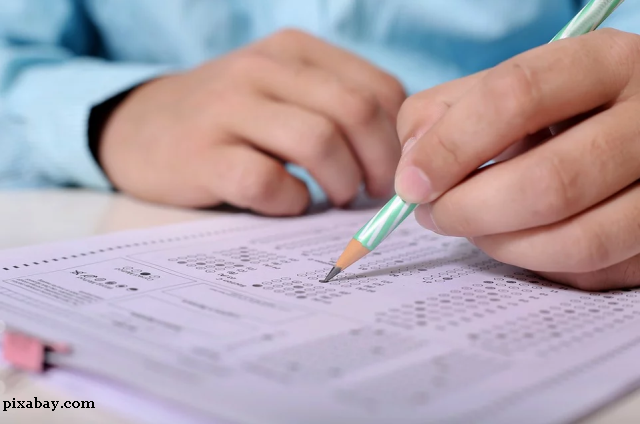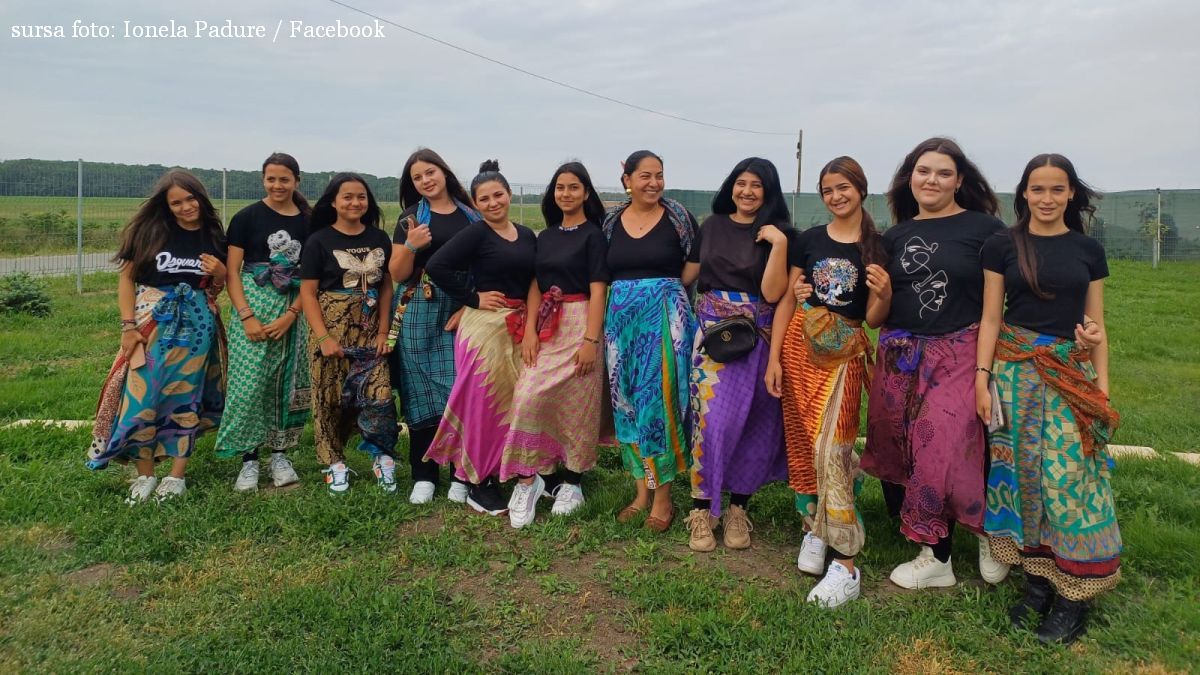Science in school
While socio-economic discrepancies between Romania's regions have been a known reality for a long time, there is now talk about another gap, the one in education

România Internațional, 11.10.2023, 14:00
While socio-economic discrepancies between Romanias regions have been a known reality for a long time, there is now talk about another gap, the one in education — which could be an effect of the first. For example, a recent study carried out by Newsweek magazine shows that, despite the fact that Romania is the -placed country at European level in terms of the number of medals that students have won, in 2022, at international school Olympiads, the results of the PISA (Programme for International Student Assessment) tests place our country in second-to-last place in Europe.
Usually, based on the PISA results, the level of functional illiteracy is established, and in Romania over 40% of students up to 15 years old are affected by this phenomenon both in terms of the ability to understand a text and the ability to use scientific knowledge. Exactly this last problem, namely the teaching of sciences in the pre-university environment, was also the theme of some of the meetings held within the recently concluded Bucharest Science Festival. Various university professors and high school students discussed during several practical workshops. Among them was Cristina Todașcă, vice-dean at the Faculty of Chemical Engineering and Biotechnologies at the Polytechnic of Bucharest, who noticed a certain specificity of the recent generations of students who choose the faculties of the Polytechnic University.
“The experimental part is missing a lot before university. There arent that many experiments in physics or chemistry anymore. Therefore, understanding abstract concepts only by attending the course where things are written in chalk on the blackboard is not possible. If the emphasis were on the experimental part, especially from the first years of school, the notions would be more comprehensible to children. It would be much easier for them to understand certain concepts if they could see how it works. Children who are exposed to science regularly, even from elementary school, later end up learning mathematics, physics, computer science, and biology much more easily. All of this requires a certain amount of imagination to understand what is happening at the atomic level. And then, to understand what is happening there, you have to imagine, see the effects of the theories and understand the usefulness of the notions. Eventually, things will become much simpler and easier for them to understand.”
The need for practice or generalization of laboratory experiments in schools and high schools is a subject that is much talked about, but without any outcomes. Also, scientific practice should even be accompanied by philosophizing, for a better understanding of the mental processes that lead to the deepening of scientific knowledge. Philosophy and sciences can be taught together and obviously adapted to the age of the students, believes Emilian Mihailov, university lecturer at the Faculty of Philosophy of the University of Bucharest, answering the question of when is the best time to start teaching philosophy and science.
“I think the question of when this type of education should begin is a very good one. The answer shows us how close philosophical education and scientific education are. They were originally the same thing. Scientific education was part of philosophical education. But why were they one? Why were they walking together? Because philosophy is born in the feeling of wonder. Science is also born in the feeling of wonder. That is why I believe that philosophical scientific education must take place in childhood. It is children who, par excellence, illustrate wonder. And this, I believe, should start in primary school. This means that we, in primary school, can cultivate those educational practices that explore peoples fascination, not memory. I am not saying that memory is not important, because it is extremely important, it is how the brain develops, that is, by memorizing information. But beyond memorization, lets explore what fascinates children.”
And children in Romania – like all children in the world – do not lack curiosity or imagination. Evidence of that is how they can excel in a discipline rarely taught in Romanian high schools: astronomy. The situation was observed and commented on by Cristian Chițu, director of GMV Romania, a company that works directly with the European Space Agency.
“I would start by saying that it is interesting how Romania manages to win medals at the international astronomy and astrophysics Olympiads, when there is no such subject taught in high school. It is done on a voluntary basis, in centers of the “student club” type, i.e. in dedicated centers where the teachers are dedicated to teaching these subjects. But even so we manage to perform and amaze. I for one am amazed, but I dont think there should be one compulsory subject in schools. Maybe there should be a common core of compulsory subject matters, but this one – whether we call it astronomy or astrophysics – I think it should be part of a so-called optional trunk, or optional branch, because the problem we have at the moment it is that we all leave school programmed according to the same subjects.”
But what about most of the students who are not particularly interested in astronomy or any science in particular, but who need some scientific knowledge when they grow up?
“You cannot force anybody to learn. This is a proven thing. Someone who doesnt want to learn a trade wont learn it. But maybe the problem isnt with the students who are perhaps disinterested, but the problem is with the rest of us who cant get those elementary or middle school students to be interested or at least ask some basic questions. For example, how many planets are there in the solar system? I am sure that if we ask this question, we will get various answers. After all, we live in an era where the earth is still believed by some to be flat.”
So, the need to combine theory with experiments, a certain method of meditating on scientific foundations, but also encouraging curiosity through play at a young age, could, over time, reduce the current gap between a record number of international Olympians and a large percentage of functional illiterates in the Romanian school. (MI)






























